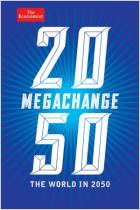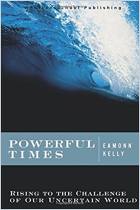Únase a getAbstract para acceder al resumen.

Únase a getAbstract para acceder al resumen.
Laurence Smith
The New North
The World in 2050
Profile Books, 2011
¿De qué se trata?
As the world warms up, what happens to the Great White North?
Recommendation
Professor of geography Laurence C. Smith makes a fine oracle. His ambitious, candid and accessible book predicts what the world will be like in 2050. He’s well-poised to make climate predictions, since he combines academic training with firsthand observations in the far north. He translates dense academic data into common language and – perhaps most importantly for a hotly debated topic like climate change – he’s clear on what science knows and what it doesn’t know. Smith optimistically voices the hope that humanity can correct its current course, but he doesn’t give many specific suggestions for what the reader might do to slow the pending upheaval. His study and projections range from shifts in agriculture to the likelihood of armed conflict and new national boundaries. getAbstract recommends Smith’s forecast about the impact of the great thaw to those interested in science and the results of global warming, and to those planning ahead for changes in worldwide resources and markets.
Summary
About the Author
Laurence C. Smith teaches space studies, earth studies and geography at UCLA. He was a Guggenheim Fellow in 2006-2007.


















Comment on this summary